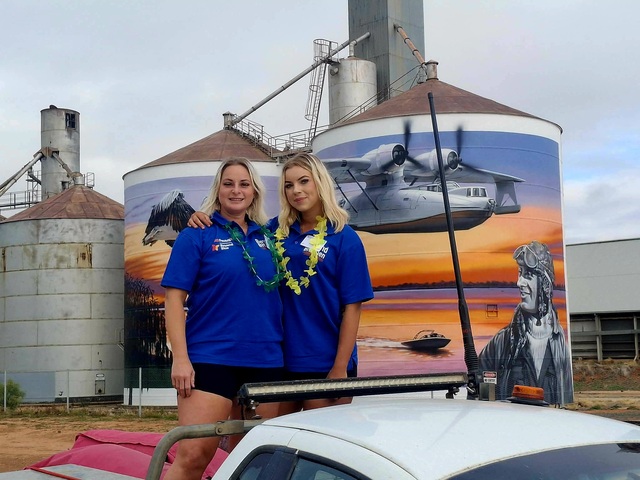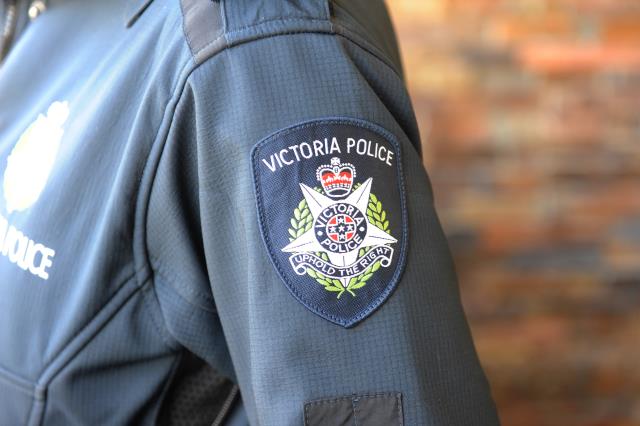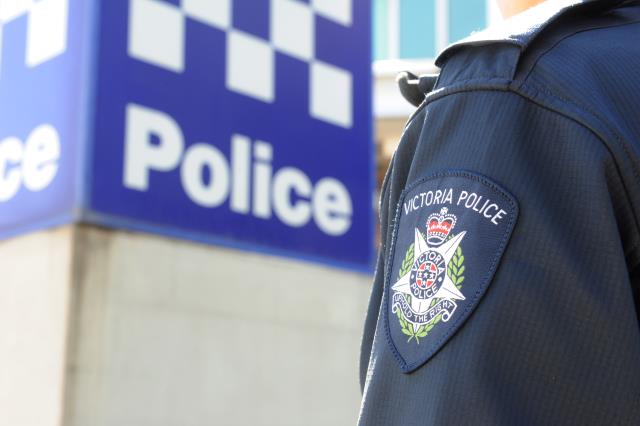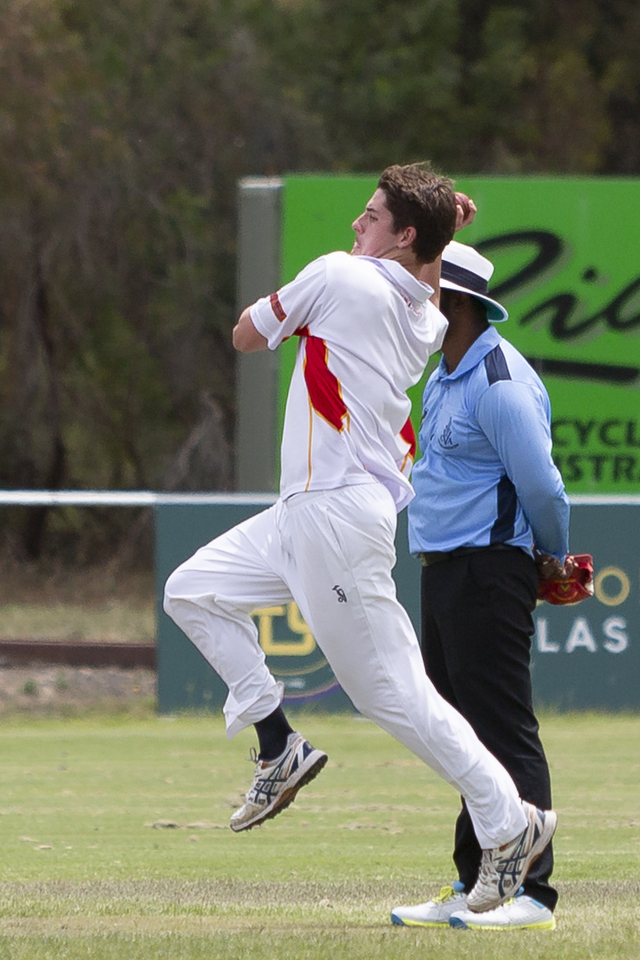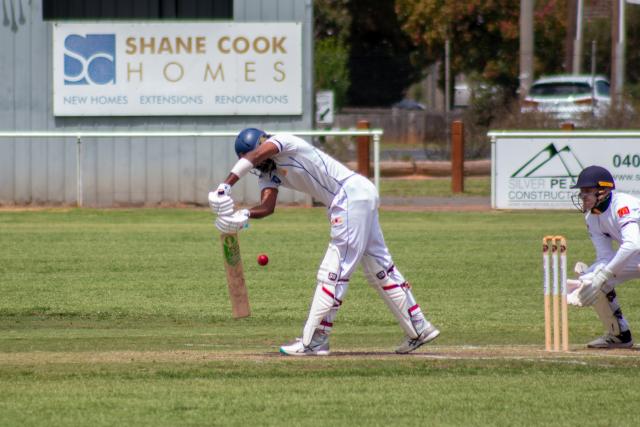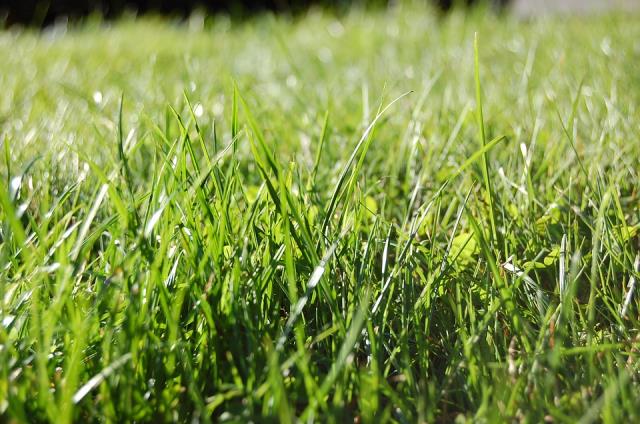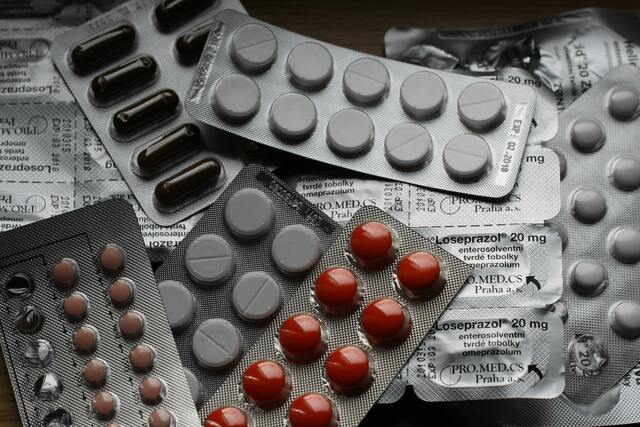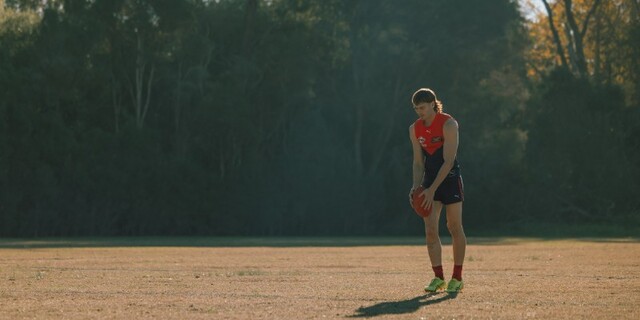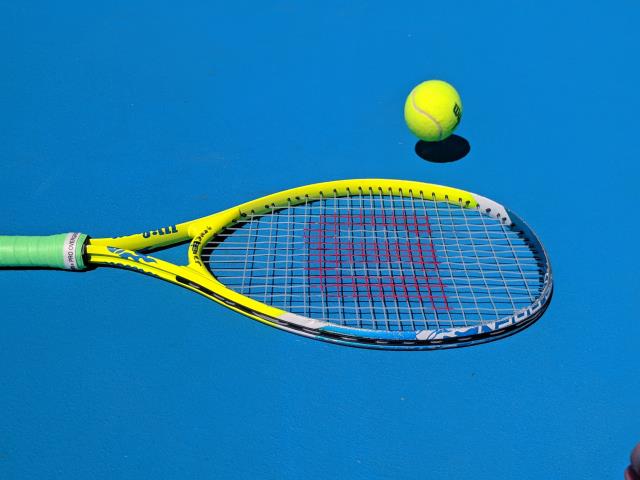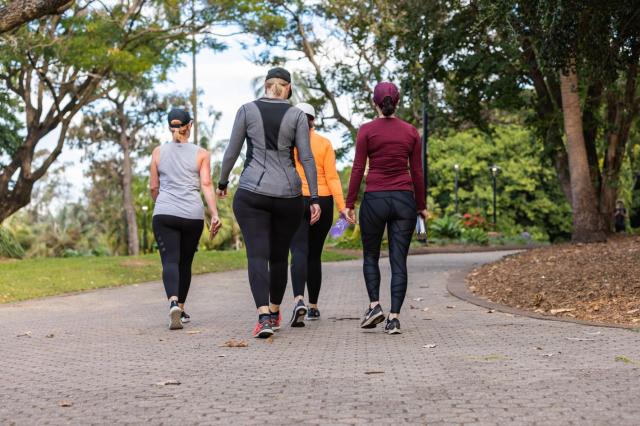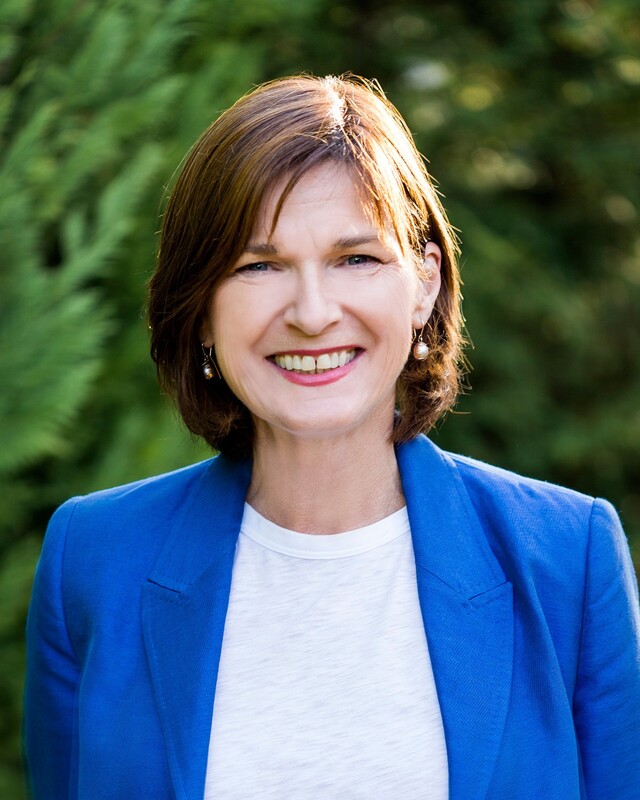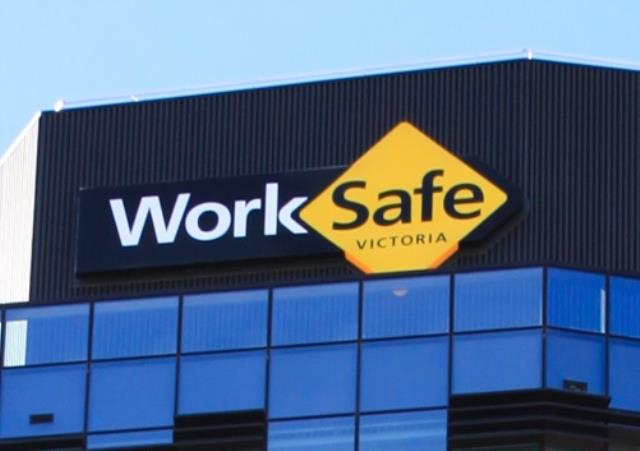WHILE Australia’s professional sports reel in the wake of last week’s Australian Crime Commission report on performance-enhancing drugs in sport, the flow-on effect to the suburban level is still to be measured.
Eradicating, or even detecting, the use of illicit or performance-enhancing drugs (PEDs) at a grassroots level of sport is no mean feat, according to Victorian Rugby League general manager Brent Silva.
The VRL was alarmed at ACC findings last week of widespread use of PEDs in Australian professional sport, but Silva was confident their use was not an issue in community rugby league in Victoria.
“In terms of performance-enhancing products, you’re more likely to get it at the higher level, where players are on the fringe and trying to make a living out of the game,” Silva said.
“At the higher level, when you’re trying to earn a contract, where it could be the difference between $50,000 a year contract and a $200,000 a year contract, there is an incentive.”
When a player or an official joins a local rugby league club, they sign a document stating they will abide by the VRL’s rules and regulations.
“Even at our level, we come under the WADA [World Anti-Doping Agency] code, but ASADA generally don’t test at the community level,” Silva said. “So, you’re not tested for that sort of thing.”
AFL Victoria responded last week by reiterating that any competition managed under the Laws of Australian Football is bound by the anti-doping code.
AFL Victoria and ASADA have agreed on a testing program for the VFL. However, suburban and country leagues do not have the same level of resourcing.
“If a player has any doubt whatsoever, then he should not consume a medication or supplement without first seeking medical or professional advice on whether it contains a banned performance-enhancing substance,” AFL Victoria said in its statement.
“Community football players can also be tested by ASADA as the competitions in which they play are operated and managed under the Laws of Australian Football.”
Further questions were put to management of the Riddell District and Ballarat Football Leagues on Friday but an official response was still to be issued when The Weekly went to print on Tuesday.
Ballarat league executive Rod Ward told the Ballarat Courier that the league ran more training programs than any other country football league in Australia, including the use of drugs and alcohol on mental health.
“It’s not because we’re worried about the behaviour of our Ballarat Football League players but because we feel that through football, we have the ability to effect change,” he said.
The Victorian Rugby Union, governing body of community rugby in this state, wants to ensure the use of PEDs does not filter down to the club level or its representative teams.
VRU community rugby manager Charlie Bamford plans to meet club officials in the lead-up to the new season to discuss clubs putting their medical staff on a register that is easily accessible for the VRU.
“Given the recent reports that have been tabled, this will be a topic of discussion and we will be placing an emphasis on the clubs to ensure they are exercising their duty of care in these areas.
”We will be asking them to, with the issues we’ve faced in the last week, register all their medical people so that we are across that.”
— with Teo Pellizzeri and Melanie Whelan


